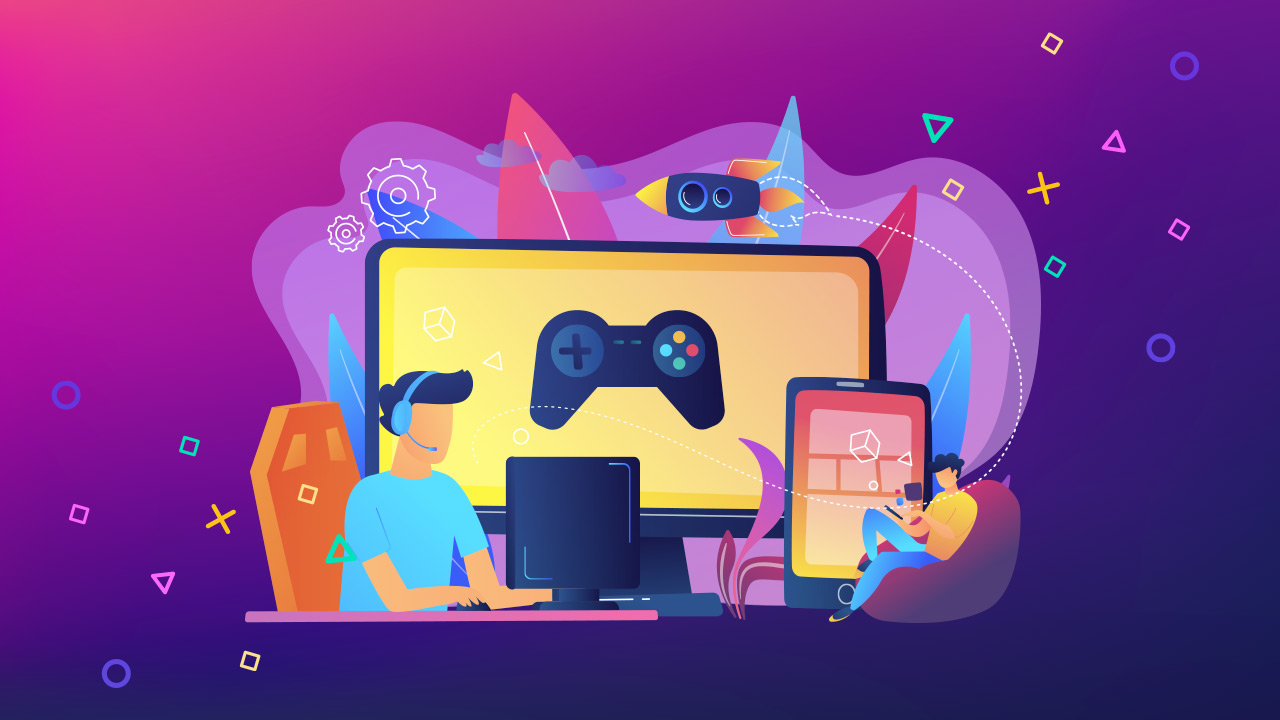79tka Insights
Your go-to source for the latest news and information.
Level Up Your Game: How Player Experience Personalization Turns Gamers into Loyal Fans
Unlock the secret to gamer loyalty! Discover how personalized experiences transform casual players into devoted fans. Level up your game now!
Unlocking the Power of Personalization: How Tailored Experiences Can Enhance Player Loyalty
Unlocking the power of personalization in the gaming industry can significantly enhance player loyalty. By creating tailored experiences that resonate with individual players, game developers can foster a deeper emotional connection, leading to improved engagement and retention rates. This approach can be achieved through various methods, including data-driven insights that allow developers to understand player preferences and behaviors better. For instance, utilizing machine learning algorithms to analyze in-game actions can unveil patterns that inform personalized recommendations, in-game rewards, and customized content that players find most appealing.
Moreover, personalized experiences can take many forms. From dynamic in-game events to customized character skins based on player achievements, the possibilities are endless. Implementing a mix of these strategies not only boosts player satisfaction but also encourages them to invest more time and resources in the game. As players feel recognized and valued through such personalized interactions, their loyalty strengthens, creating a vibrant community that actively engages with your game. Ultimately, embracing the power of personalization is not just a trend; it’s a crucial strategy for any developer aiming to build lasting relationships with their player base.

Counter-Strike is a popular tactical first-person shooter game that has captivated players around the world with its competitive gameplay and teamwork. Players can engage in various modes, including bomb defusal and hostage rescue, where teamwork is essential for success. For those looking to enhance their gaming experience, consider checking out our stake promo code for exciting offers.
The Psychology Behind Player Experience: Why Personalized Content Keeps Gamers Coming Back
The gaming industry has long recognized the importance of personalized content in enhancing player experience. By tailoring in-game elements to individual preferences, developers can create a deeper emotional connection with their audience. Personalized experiences stem from understanding psychological principles such as reinforcement theory, which posits that behaviors are encouraged when they lead to positive outcomes. For example, rewarding players for exploring new quests or personalizing their avatars fosters a sense of achievement and belonging. This tailored approach not only increases player satisfaction but also enhances their engagement, making them more likely to return to the game time and again.
Another aspect of player psychology is the concept of intrinsic motivation, which plays a crucial role in why gamers choose to return to specific titles. When players encounter content that resonates with their personal interests or skill levels, they are more likely to feel invested in the game. Features like dynamic storylines, customizable content, and user-driven events help maintain this motivation, as players feel their actions lead to meaningful outcomes. Furthermore, the social aspect of gaming, bolstered by personalized content, cultivates a sense of community among gamers. This blend of psychological influences not only fosters loyalty but also drives continuous growth within the gaming ecosystem.
Is Personalization the Key to Retaining Gamers? Exploring the Impact of Customized Player Journeys
In the competitive landscape of the gaming industry, personalization has emerged as a crucial factor in retaining players. As gamers seek more engaging and tailored experiences, game developers are increasingly focusing on customized player journeys. By leveraging data analytics and player behavior insights, companies can create unique gaming experiences that resonate with individual preferences. This approach not only enhances player satisfaction but also fosters a stronger emotional connection between players and the game, leading to improved retention rates.
Moreover, the impact of customized player journeys extends beyond just initial engagement. It can significantly influence long-term loyalty and community building within games. Elements such as personalized rewards, adaptive storylines, and targeted in-game events can make players feel valued and invested in their gaming experience. As a result, personalization not only helps in retaining gamers but also encourages word-of-mouth promotion, amplifying the game's reach and ultimately contributing to its success in a crowded market.